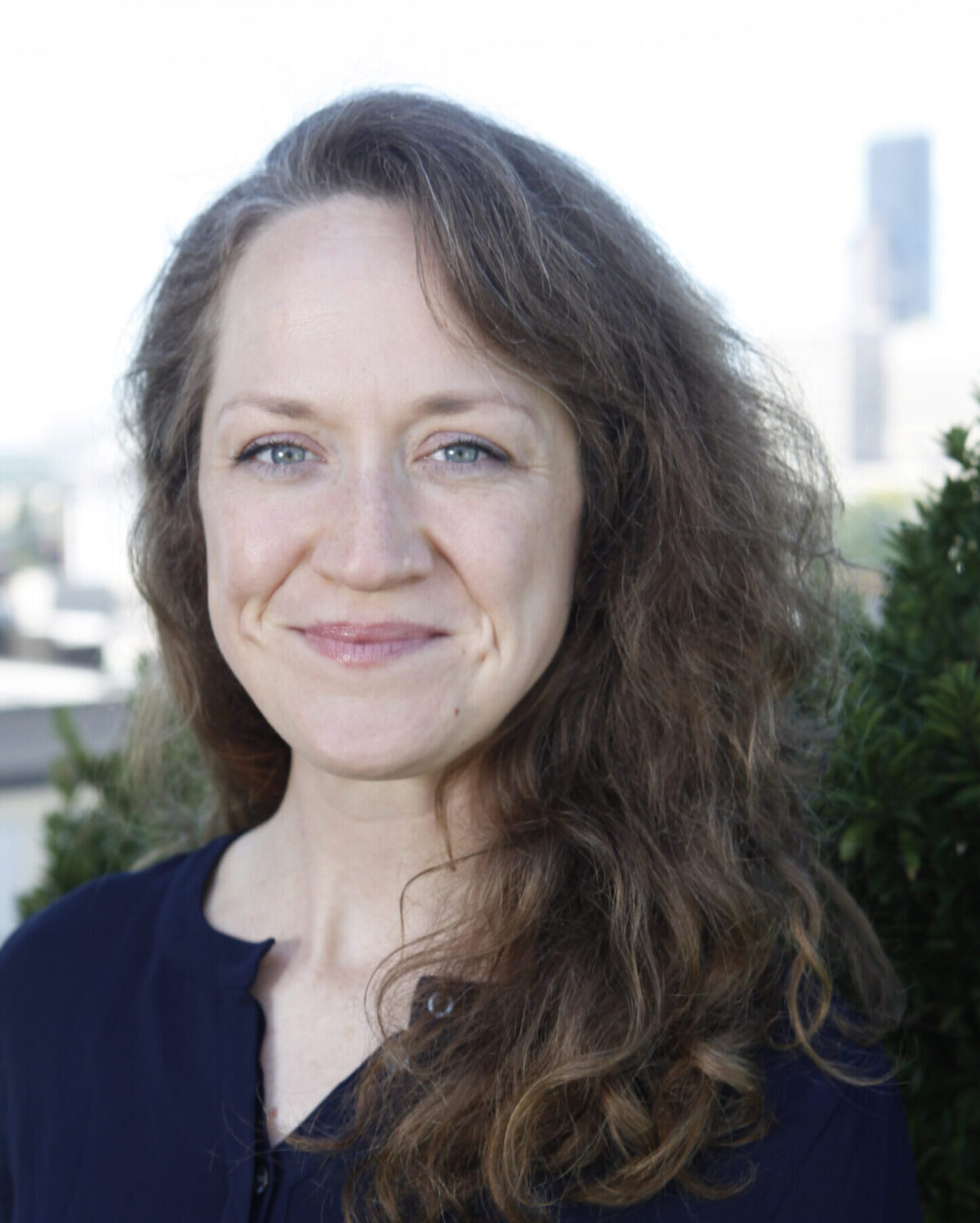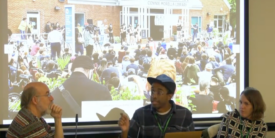Alan
A Portland massage therapist reveals what people really look like undressed.
Each of us is a “we,” as Michael Pollen wrote recently: collections of millions of living organisms that cooperate to keep the whole personal ecosystem going. The latest discovery that illustrates this theme: gut bacteria from thin people make mice thin; gut bacteria from fat people make mice fat. Watch for fecal transplants at weight-loss clinics soon, probably too soon, say researchers.
The whole political saga of the Keystone XL, told as only the New Yorker can. Superb journalism.
Eric
In 1999, I dropped out from a PhD program in philosophy. It was a decision I’ve never regretted and that was provoked, in part, by that discipline’s astonishing (and tragic) insulation from the real world. In that vein, I was fascinated to follow the recent dust-up over academic philosophy’s Frauenfrage. See the New York Times and Jezebel.
Ex-Sightliner Roger Valdez on market dynamics and affordable housing in a nice piece, Jonah Swallows the Whale.
Will robots (and software) destroy life as we know it?
Serena
Several of my friends have been surprised to discover that I’m not a huge nature person: nice to look at, kinda takes too much gear and driving to participate in. Anyway, they specifically find it comical that I am scared of the ocean. Oh, yeah?
Veterans Day will be here before we know it. This story about a vet and his family in the LA area made starkly clear how Veterans Day manifests itself every day for some in our communities:
The war would crash through her careful plans in a hundred ways, large and small. She watched it empty her refrigerator and shut off her gas. She came to feel like one of its strangest casualties, a widow with a living husband.
Oh, and here’s some awful follow-up to the Zimmerman case.
And an art project that shows young people immersed in water up to the level that seas will rise in their respective lifetimes.
Anna
Everybody you know may have already forwarded this link to you (or at least posted it on FB), but just in case: The Rise of the New Left. It’s an interesting take on political generations and the end of the era defined by Clinton and Reagan.
What was it like to give birth in the US in the 1950s? A woman interviews her grandmother.









David Kershner
Are human activities–namely overfishing and pollution–largely responsible for jellyfish gradually taking over the oceans? It sure sounds like it from Tim Flannery’s fascinating review of Lisa-ann Gershwin’s book Stung! On Jellyfish Blooms and the Future of the Ocean. Thank you for pointing out Flannery’s piece in the New York Review of Books, Serena. Scary, indeed!